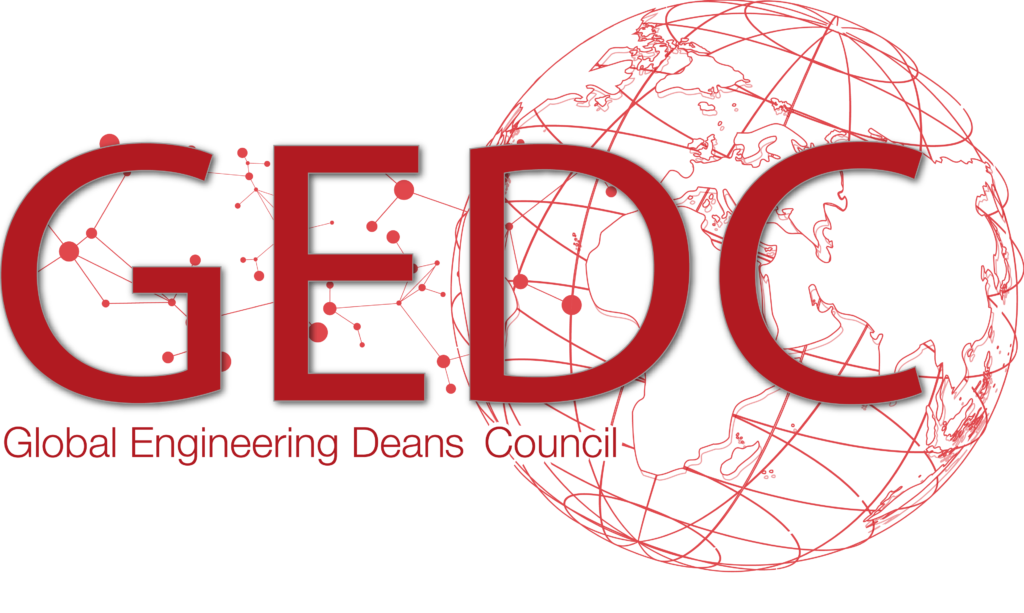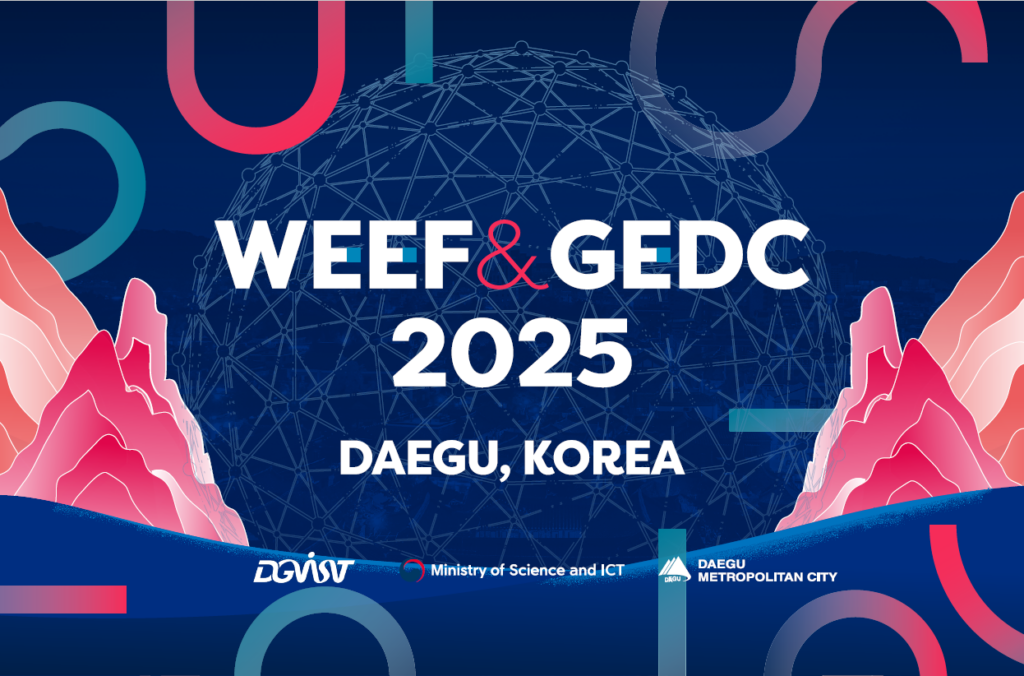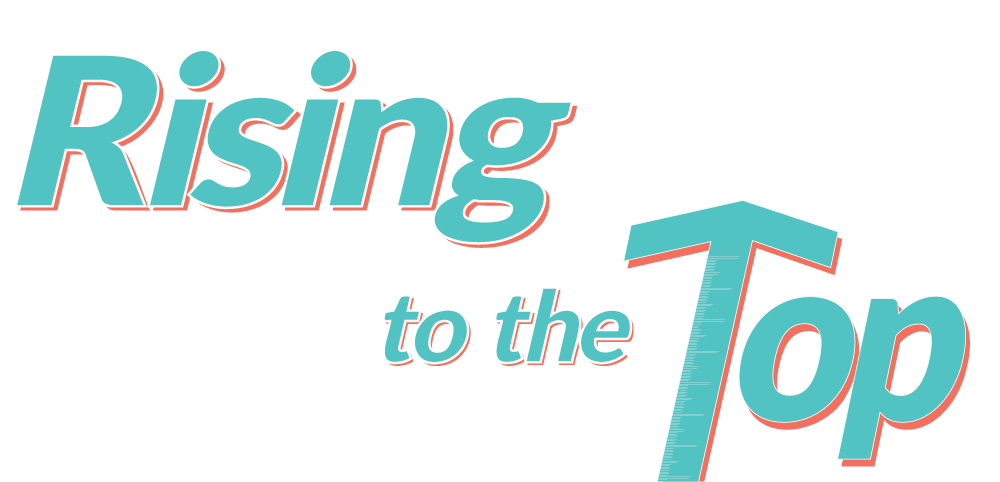The 4th industrial revolution (Industry 4.0) brought about evolutionary change and digitisation powered by technologies such as the Internet of Thing (IoT), artificial intelligence (AI), Robotics, Cloud technology, 3D printing etc. Digitalisation advanced the establishment of Society 5.0, a super smart society, which balances economic advancement with the resolution of social problems by a system that highly integrates cyberspace and physical space. This highly integrated society drives a ubiquitous computing world of e-commerce, natural language processing, voice recognition, conversational user interfaces (chatbots), data analytics, and immersive experiences. The exponential growth of digital tools such as connected objects, drones, robotic process automation, communication systems, etc., presupposes that organisations across all sectors must find new architectures and -designs in order to compete in a digital world, to identify and build new business models and to optimise existing revenue streams.
By Prof Hanlie Smuts, Department of Informatics, Faculty of Engineering Built Environment and Information Technology (EBIT), University of Pretoria, South Africa











